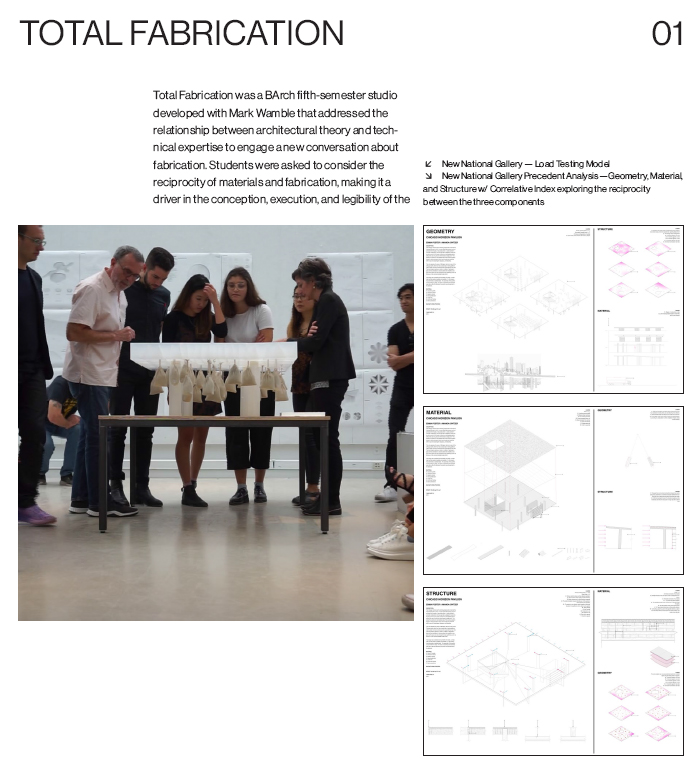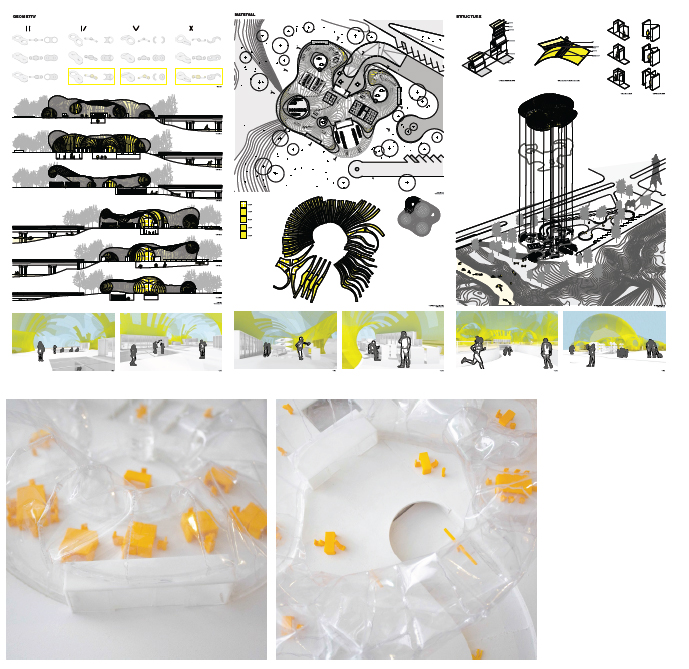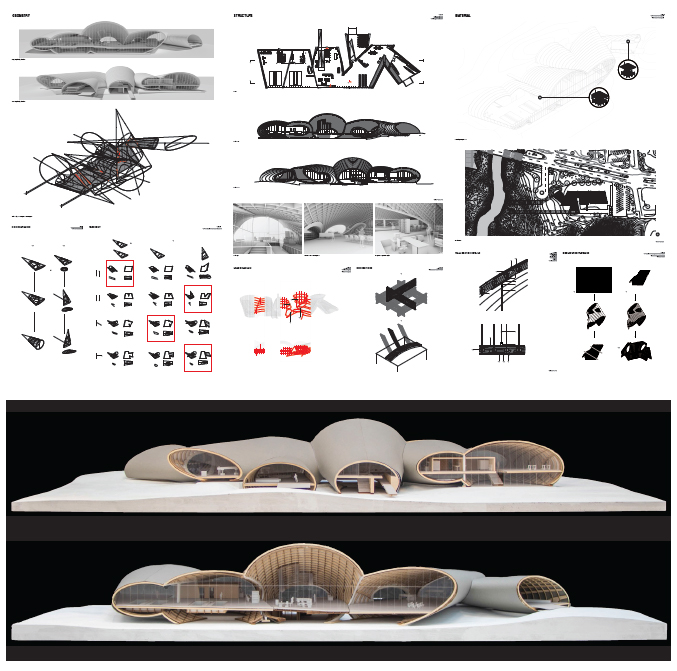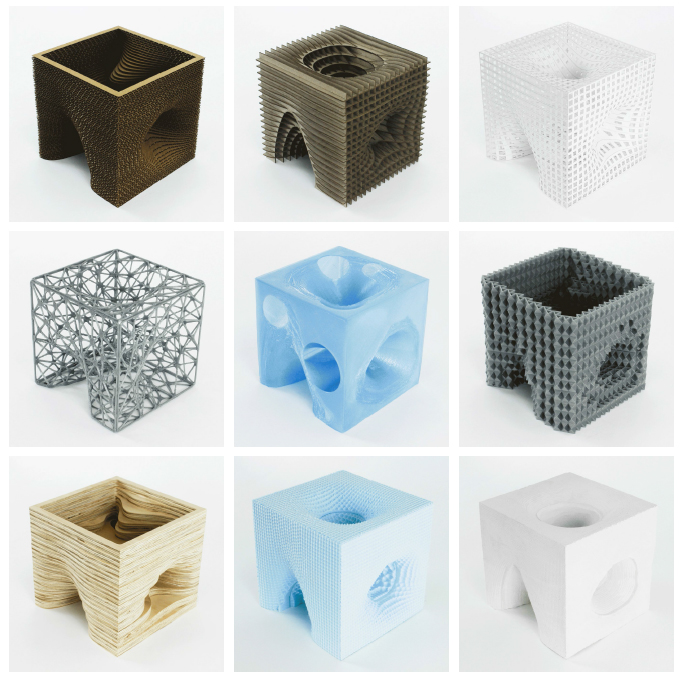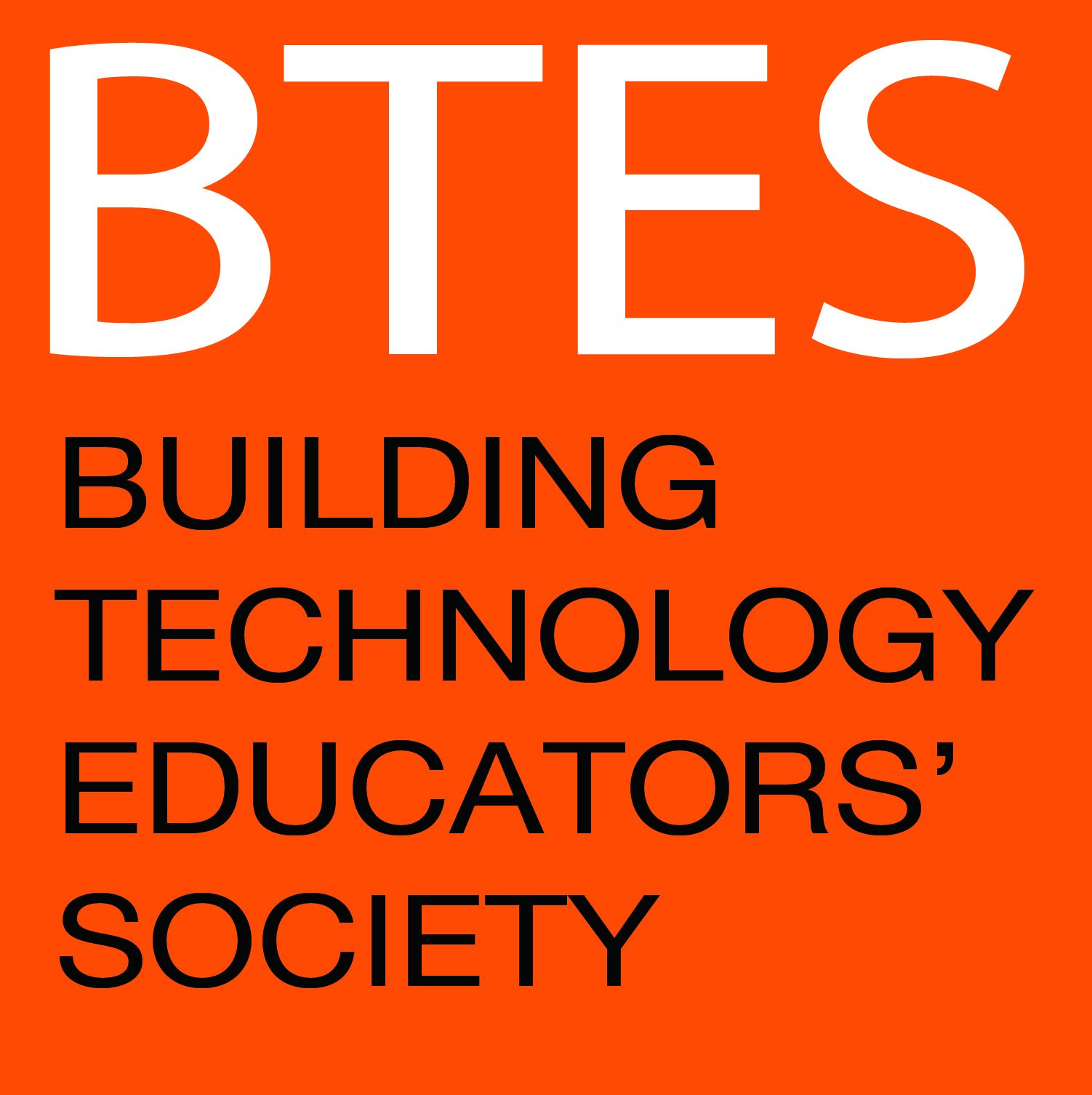CONGRATULATIONS to the 2023 Emerging Faculty Award Winners!!
The BTES is pleased to announce two award winners this year. The intention is to select only one person but the Jury was insistent that both candidates were equally deserving.
Jury:
Jae Yong Suk, University of California Davis
Rahman Azari, Penn State University
Jacklynn Niemiec, Drexel University
Dorukalp “Alp” Durmus
Assistant Professor, Department of Architectural Engineering, Penn State University
My name is Dorukalp “Alp” Durmus, and I’m an assistant professor in the Department of Architectural Engineering at the Pennsylvania State University. I earned a B.Sc. in electrical engineering from Istanbul Technical University, Turkey, a M.Sc. in architectural lighting design from KTH, Sweden, and a Ph.D. in architectural sciences from the University of Sydney, Australia. I worked as an illumination engineer in Turkey and Australia before moving to the U.S. for my postdoctoral training at the Pacific Northwest National Laboratory (PPNL) in Portland, Oregon. I started working as an assistant professor at Penn State University in March 2020. In the AE program, I teach courses on computer-aided design, color science, human factors, and senior thesis. My teaching aims are to instill a fundamental understanding of human-light interaction and train the next-generation building illumination engineers and designers. In addition to teaching and supervision of students, I conduct research on building lighting systems, colorimetry, visual perception, circadian lighting, and human factors in lighting. My research investigates intelligent building systems that reduce energy consumption while increasing occupants’ wellbeing and satisfaction using psychophysical experiments and computational modeling.
Select excerpts from Alp's submission:

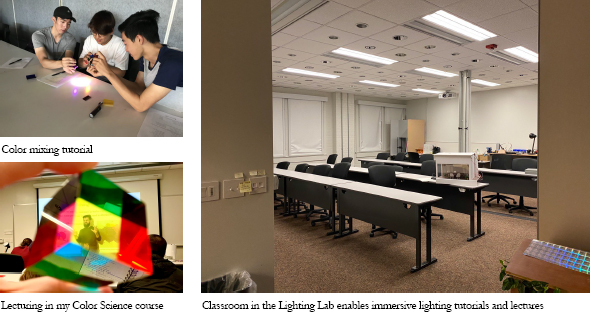

Building Illumination Education:
Established in 1910, the Department of Architectural Engineering (AE) at Penn State University is the oldest continuously accredited architectural engineering program in the United States, and offers one of the few lighting design programs in the world [2]. The AE program focuses on the scientific and engineering aspects of planning, designing, and constructing buildings, providing our architectural engineering graduates with outstanding education and research opportunities. The department offers a Bachelor of Architectural Engineering (B.A.E.), Master of Engineering (M.Eng.) in Architectural Engineering, Master of Architectural Engineering (M.A.E.) integrated with the B.A.E. degree, Master of Science (M.S.) in Architectural Engineering, and Doctor of Philosophy (Ph.D.) in Architectural Engineering.
David Costanza
Assistant Professor, Department of Architecture, Cornell University
The work presented was developed over my various academic positions starting in 2015 as a technology fellow in the School of Architecture at Rice University. The first three courses, Total Fabrication, Model Object, and Building Technology I, II were developed over the 4 years I was the technology fellow. The final two courses were developed while at Cornell University. Our Plastic Future was taught in 2019 when I first came to Cornell as a lecturer. The final course, Building Construction Studio was conducted in the Fall of 2022 after returning to Cornell as an assistant professor in 2021. The 5 courses presented in the supporting material, are meant to demonstrate a range of building technology-oriented pedagogy from seminars to materials and method courses to required and option studios. The ambition across all of the courses was to promote a knowledge of Building Technology as primary to architectural thinking and imperative to design.
Select excerpts from David's submission:
